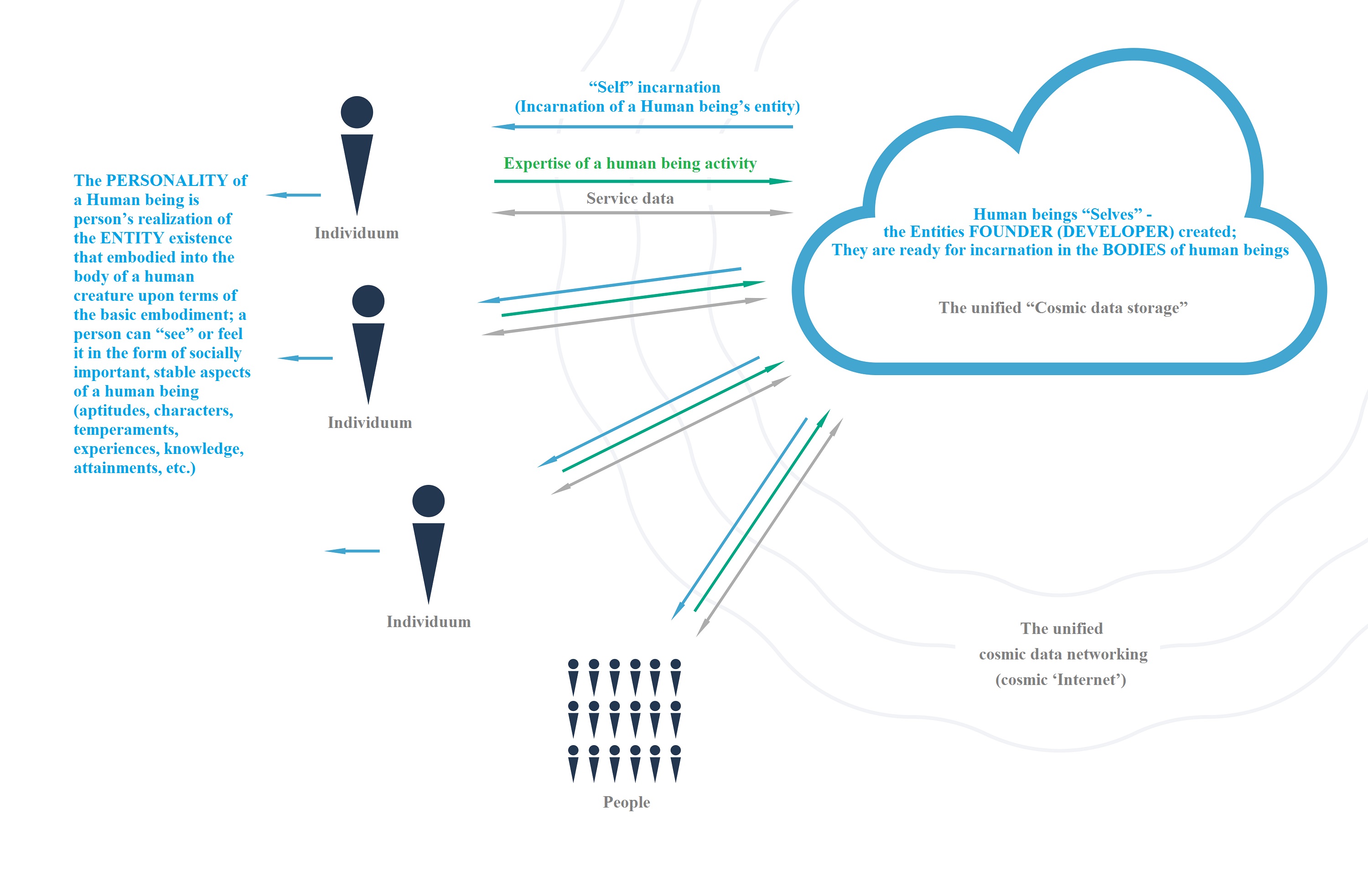Let’s contemplate the thought experiment:
Three different families bought the same type of a TV. These identical TVs were sold in one and the same store and produced at the same enterprise… But the first family constantly watch the news broadcasts, the second family prefers various TV series, and the third one is a fond of sports programs. There is nothing to be surprised about. Why? Because in every family there is a primary User of the device purchased (a TV set in this case) and exactly this person determines its usage policy. As a rule, this TV was bought to satisfy the wishes of this particular User…
The same situation is with all other devices…
In fact, the term “device” always denotes some object (device, mechanism, construction, installation …) human beings have created for their own needs to perform strictly defined functions (personal computer, mobile phone, TV, radio, refrigerator, air conditioner, cookstove, car…)

For example, a personal computer (PC). Computers are called “personal” just because they are used by certain “persons”, i.e. “Users”. As a rule, each personal computer has one user. Each user is free to use his personal computer in his own discretion: to play computer games, to develop any innovative facilities, to constantly surf the social networks, etc.
What is an obvious conclusion we can arrive at after the results of this thought experiment?
The same situation is with people…
Despite the similar functionality of the human bodies as well as the possibility to duplicate (clone, copy) their genetically identical material bodies, they all have and will always possess different memory, different consciousness, different character, different knowledge, different experience… Why is it so? One of the possible variants is that various people just have various Users.
The material body just provides “own” User with the opportunity to cognize “our” World and perform certain actions in it. It is he (“our” User) who feels anxious, thinks, dwells on something, enjoys… And each reader can guess what is the name of “his” User — it’s your Personality.
There are good reasons why such terms as a person that denotes the integrity of a human being (from the Latin persona) and a personality denoting social and psychological aspects of a human being (from the Latin personalitas) have the same deep root persona.






